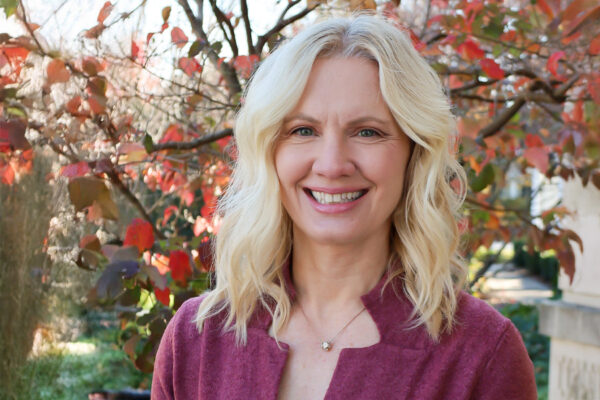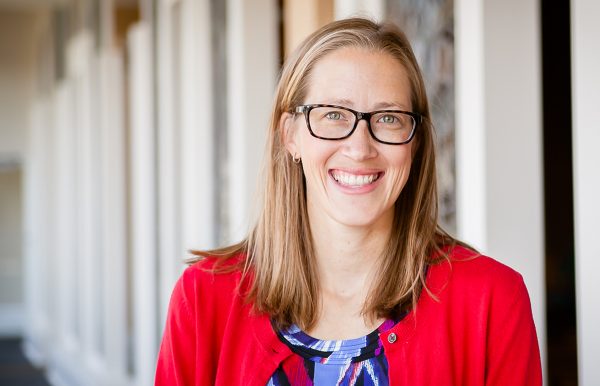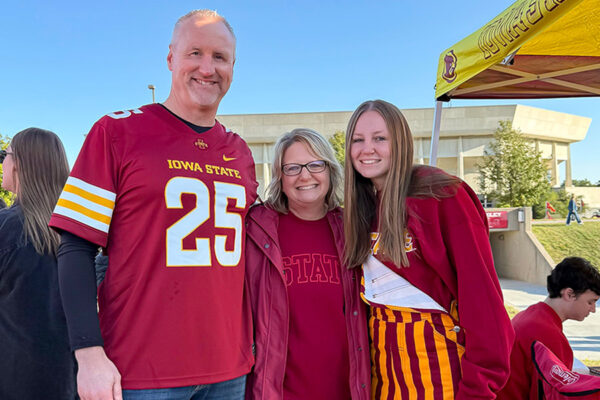Endless possibilities
These days, a trip to the grocery store can be an exhausting experience. Nevermind having to navigate the crowded aisles with the one cart that always has a squeaky wheel or waiting in line as an employee runs to the very back of the store for a price check. What I find most challenging on any given shopping excursion is the overwhelming amount of options. Being a somewhat indecisive person, a simple errand to pick up a few necessities can quickly become an arduous task.
For example, when I made my way down the bread aisle last week, white or wheat was just the beginning of my choices. There was honey wheat or rye, gluten-free or sourdough, nine-grain, fifteen-grain or whole-grain, Wonder Bread or Texas toast.
And when I needed to pick up more peanut butter for my usual lunch-time PB&J, the possibilities seemed endless there, as well. I had options far beyond the simple creamy or crunchy, Skippy or Jif. I could choose all-natural or certified organic, almond or soy substitute, extra crunchy or super creamy, reduced fat, no sugar added, or others with additions of honey or chocolate swirl. By the time you’ve taken into account the varying sizes and prices, there’s barely any energy left to move on to picking out jelly.
Whether you enjoy the plethora of options or not, I’m certain you’ve noticed this trend too. No matter what you might be shopping for — cheese or pasta, soup or cereal — there’s no shortage of variety in any given store.
And if you’re wondering who you have to thank for this fairly recent phenomenon of copious choices — that would be a man named Howard Moskowitz. He’s a psychophysicist (yes, that’s a real occupation) who became famous for revolutionizing the food industry and how companies appeal to individual preferences.
You could read volumes on Moskowitz’s decades of work. His ideas have been featured in a number of books and articles over the years. Or you could just take a trip to the supermarket and observe the rather literal fruits of his labor.
After years of research, surveys, and taste-tests, what Moskowitz discovered was a somewhat simple yet significant conclusion: there is no one, perfect kind of food. For any given product, people actually prefer variety. There is no such thing as a perfect way to serve a dish, no universally correct form of a particular item. According to Howard Moskowitz, we humans are inclined to desire variability over homogeneity.
Of course, this preference doesn’t need to be limited to our shopping lists. It’s not just what’s sitting on our plates that brings us happiness, but the people sitting around the table with us that matters just as much. We’re simply at our best when we embrace the diversity of human beings.
As much as I may be dazed by the variety of olive oils in the baking aisle, I’m all the more amazed and grateful for the assortment of personalities, the range of interests, and the array of passions
that surround me on any given day. What a gift to learn from and laugh with such an assortment of God’s children.
The words of scripture seem to give the same indication. The apostle Paul writes about how there are varieties of gifts and talents and interests — all of which have an important place and purpose. And when Jesus urges us to love one another, he doesn’t give us a specific blueprint or threestep plan. Love can be shown in ways more numerous than the variations of spaghetti sauce. Listen intently. Share a meal. Offer a compliment. Fill an expired parking meter. Say thank you. Write a letter. Pray for others. I’m certain you could add your own ideas to this list.
The next time you’re at the store, it might take you awhile to decide which flavor of toothpaste to purchase. Sometimes the options can seem overwhelming. But, make no mistake: There’s no small selection when it comes to loving others. The possibilities are endless and satisfaction is practically guaranteed. There are countless ways to share God’s love, and the good news is — the choice is yours.




